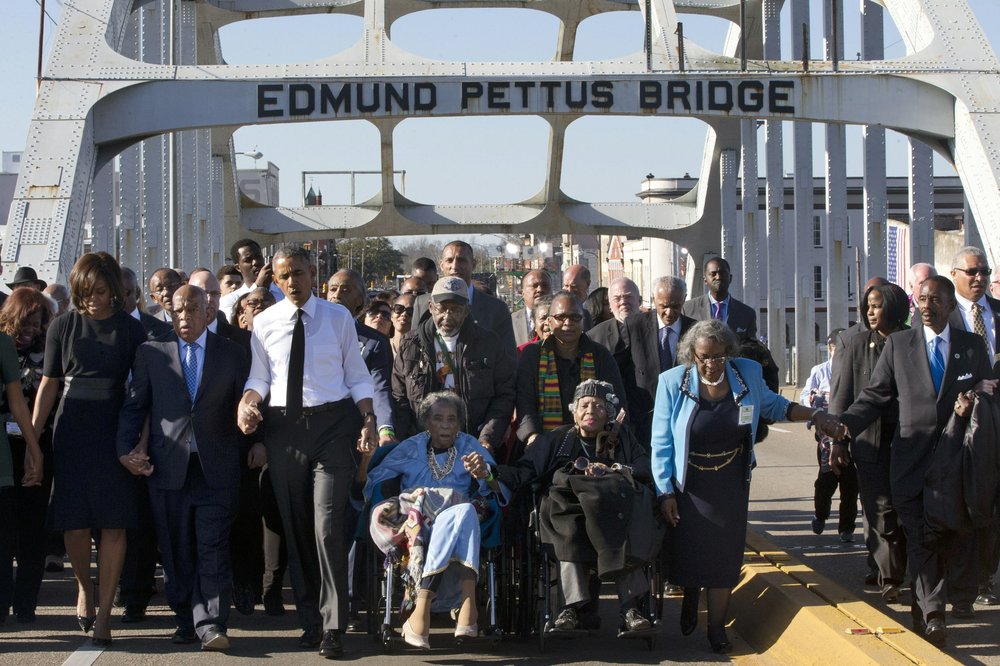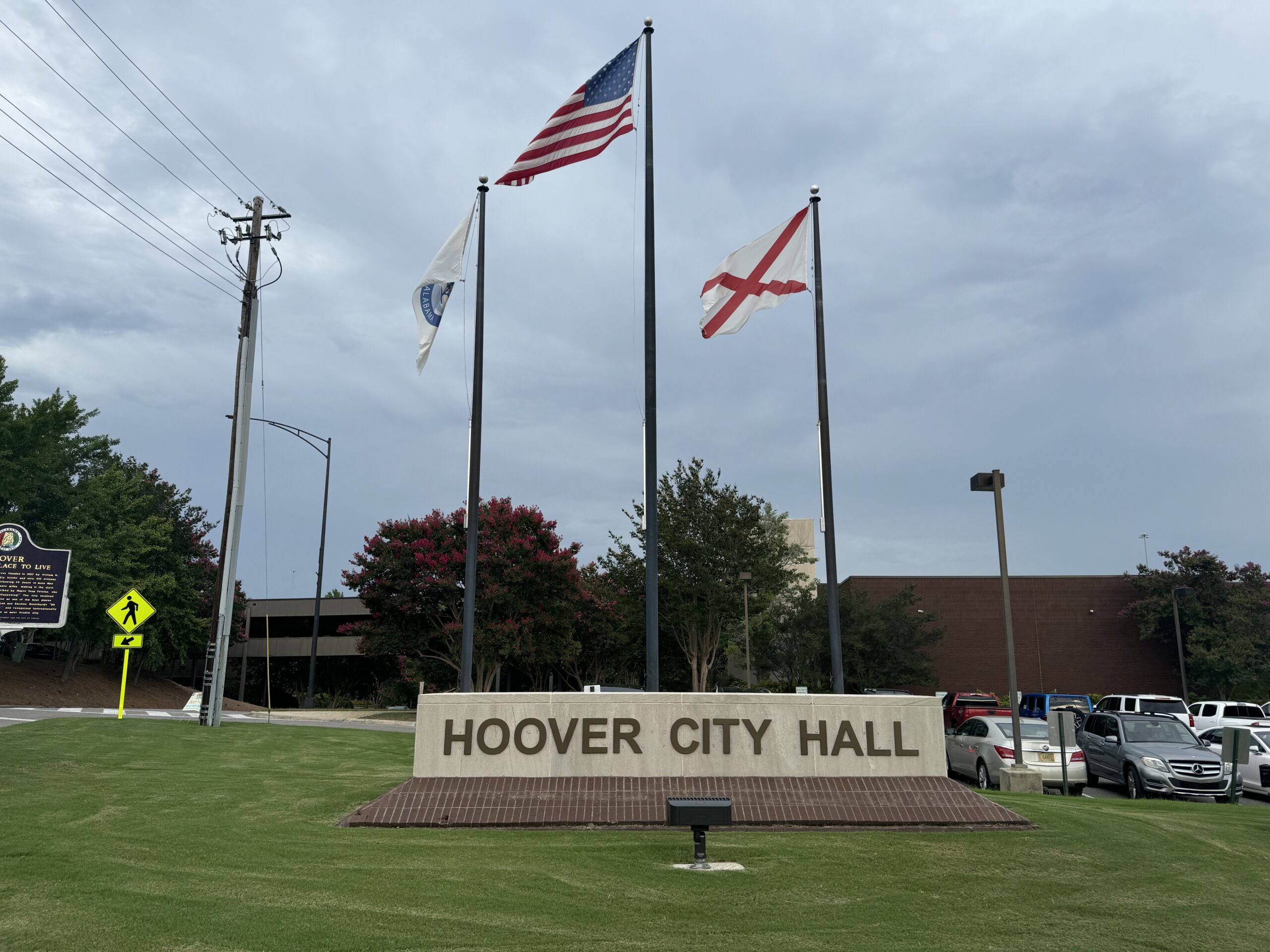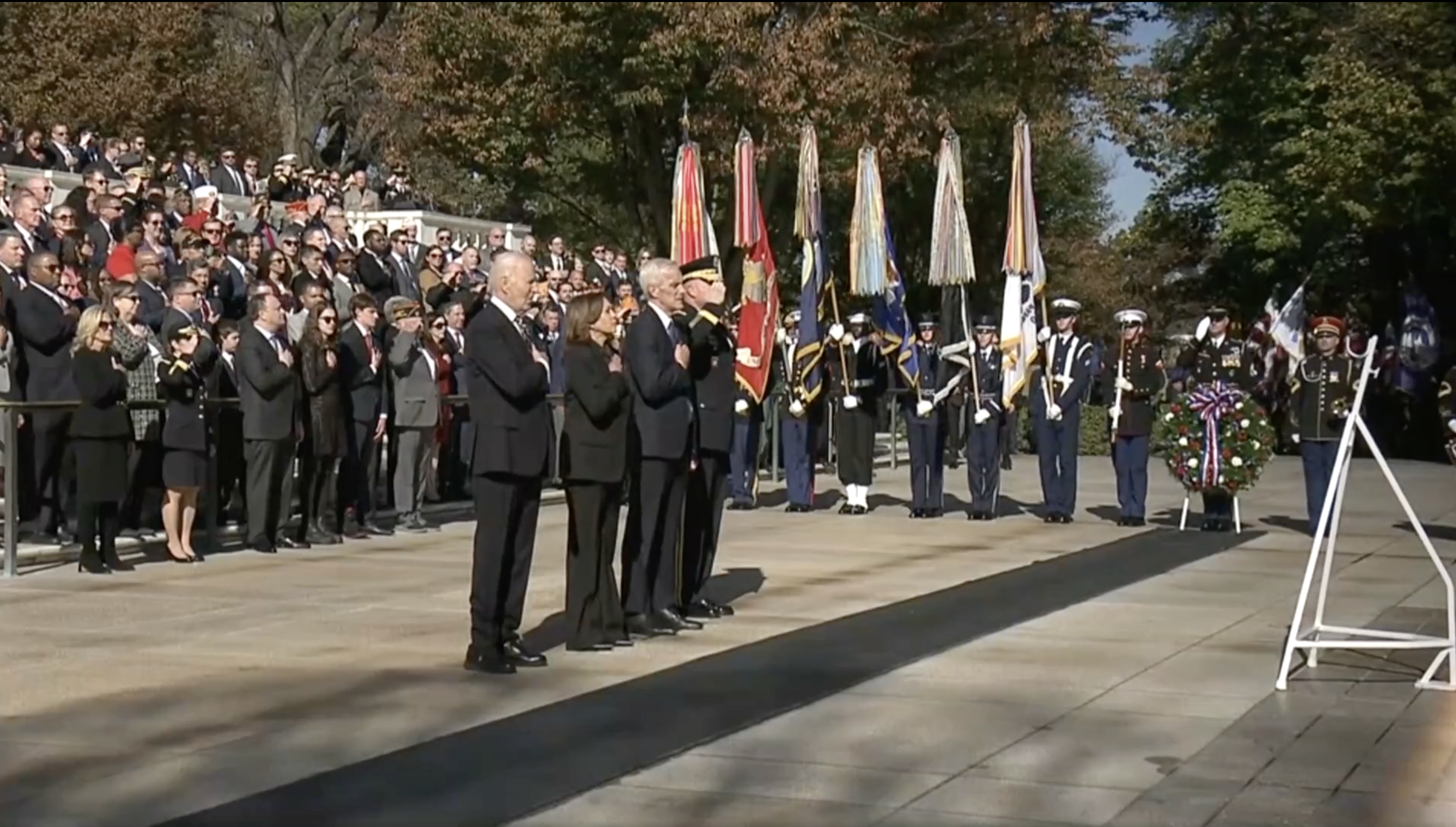Two pioneers for voting rights have become the first women represented in the Statuary Hall of notable Alabamians at the Alabama Department of Archives and History.
The bronze bust likenesses of Amelia Boynton Robinson, a civil rights pioneer, and Pattie Ruffner Jacobs, the state’s leading suffrage activist in the early twentieth century, were unveiled Monday.
Alabama Gov. Kay Ivey said the two trailblazers worked to bring about “real and lasting change both in Alabama and in the nation.
“The first two women added to the Statuary Hall are both known for lifelong efforts to extend the right to vote to all Alabamians,” Ivey said at the unveiling ceremony.
The statues are located at one of the entrances to the state archives and are passed by visitors, researchers and hundreds of students on field trips each year.
A longtime civil rights activist, Boynton Robinson is perhaps best known as a leader in the movement in Selma. She was among those beaten during the march across the Edmund Pettus Bridge in Selma in March 1965 that became known as “Bloody Sunday.” State troopers teargassed and clubbed marchers. A newspaper photo featuring an unconscious Boynton Robinson drew wide attention to the movement.
When the Voting Rights Act was signed into law on Aug. 6, 1965, President Lyndon Johnson invited Robinson to attend the signing as a guest of honor.
Boynton Robinson’s granddaughter said it was fulfilling to see her grandmother’s legacy honored.
But Carver Boyington said she also hopes visitors remember her grandmothers’ urging to young people to “get off my shoulders” and carry on the work.
“What she means by that is she wants us all to move forward in our own activism,” she said.
Ruffner was the founder of the Alabama Equal Suffrage Association and a board member for Susan B. Anthony’s National American Woman Suffrage Association.
“These additions to our statuary collection represent a step forward in the Archives’ commitment to deliver an inclusive presentation of Alabama’s history,” said Department of Archives and History Director Steve Murray in a press release.
“Moreover, the women they honor serve as wonderful models of traits we hope to see embodied by our young people — persistence, courage, and a commitment to justice under the law.”
The new works of art were sculpted by Alabama artist Clydetta Fulmer and cast at the Fairhope Foundry.
Related
Share via:













